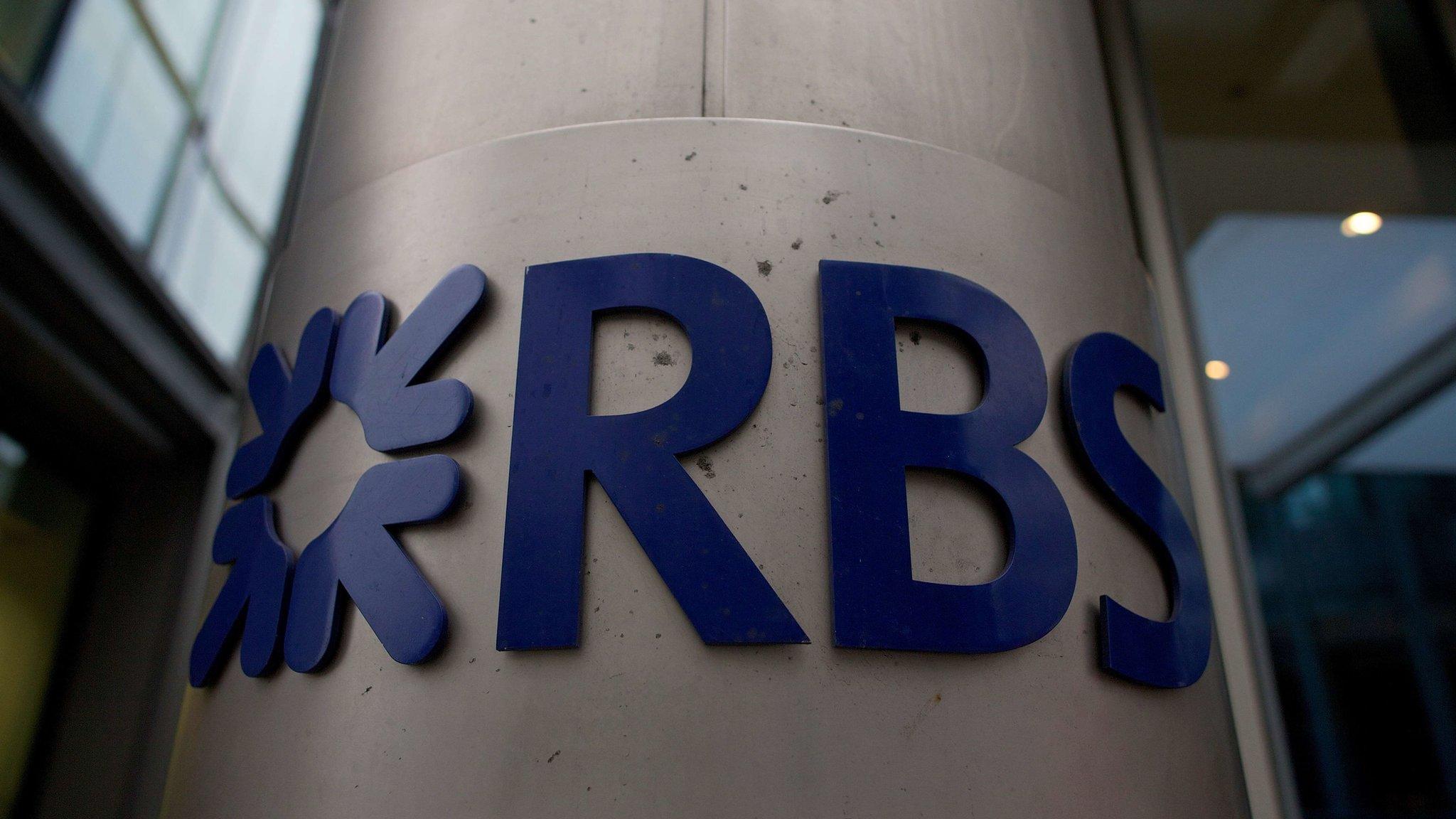RBS blames legacy issues for £2bn loss
- Published
Big firms are "stepping back" from investment decisions after the Brexit vote, says Ross McEwan
Royal Bank of Scotland has reported a £2bn loss for the first six months of the year, which the chief executive blamed on "legacy issues".
It compares to a £179m loss last year and includes £1.3bn of litigation and conduct costs.
RBS also confirmed that it would no longer separate and list its Williams & Glyn business.
It will now sell the 300-branch High Street bank with Santander UK understood to be a potential buyer.
PPI costs
Chief executive Ross McEwan told the BBC that he had tried to sort out as many legacy issues as possible over the past two years, although he admitted that there would be "some hangover" in 2017.
The legacy issues include mis-selling payment protection insurance (PPI) to customers and litigation related to a £12bn rights issue in 2008 during the financial crisis.
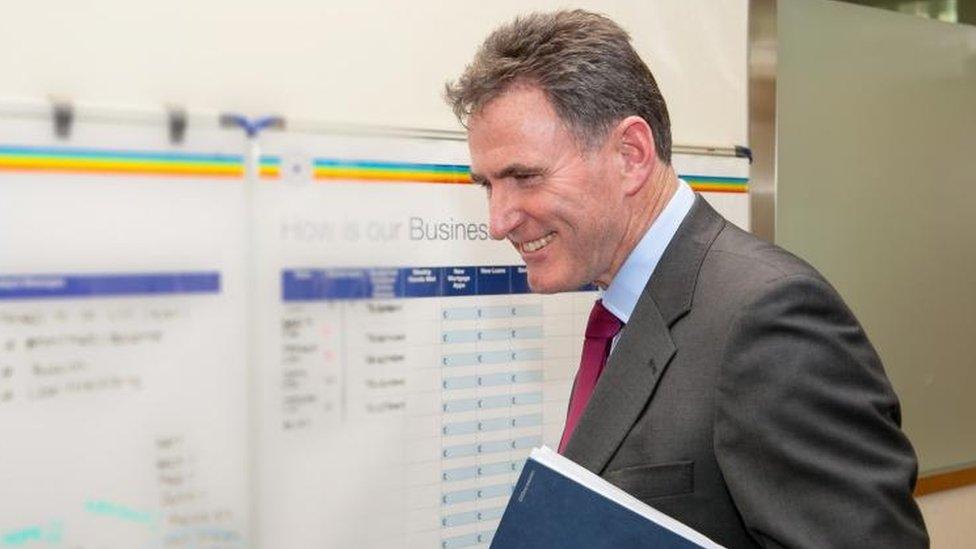
RBS chief Ross McEwan said the bank was "very strong"
Over the six months, RBS set aside a further £450m to compensate customers who were mis-sold PPI, taking its total costs related to the scandal towards £5bn.
Mr McEwan said: "This is the issue when you do have difficulties of this nature some of them do date back 10 years. Some of the PPI issues are dating back to 1993 that we're having to resolve, as is the industry.
"The core thing for me is that we've got a very strong bank here that can take these shocks."
Banks have so far paid out £24bn in PPI compensation, while the five biggest banks in the UK have set aside about £33bn to deal with the total compensation bill.

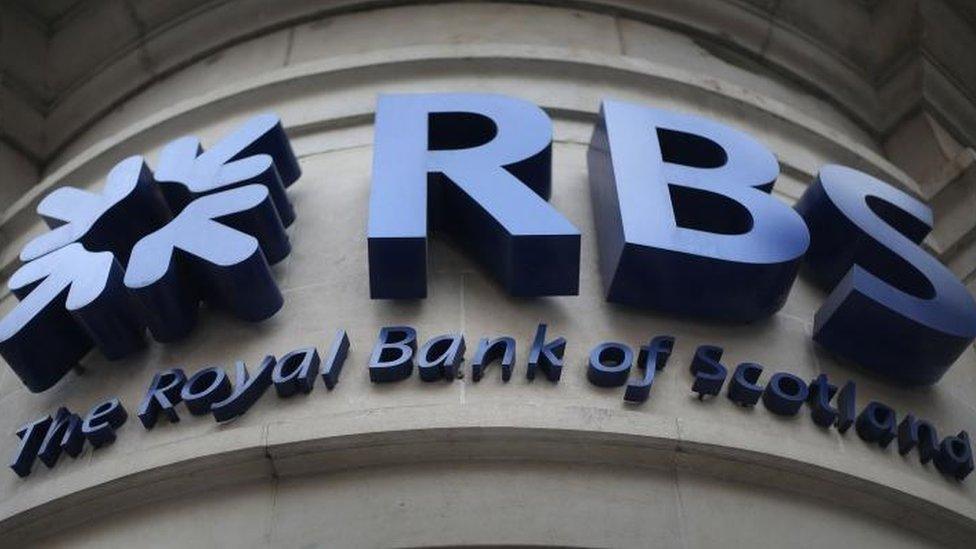
Analysis: Simon Jack, BBC business editor
Having spent a billion pounds trying to carve out an independent bank for sale, RBS has decided that this new-born foal of a bank would not be steady enough on its feet to survive in this harsh banking environment.
With interest rates at record lows, banks are finding it harder than ever to make money as profit margins are squeezed. Smaller players like Shawbrook and Aldermore, with exposure to UK SMEs, are thought to be more affected by the weakening UK economy that the Bank of England and others expect to see.
That's exactly the niche in which Williams and Glyn was going to sit, and despite the efforts of Mark Carney to throw down some cushions in the form of cheap money to lend on to customers, it still looks a very uncomfortable place to be.

'Startlingly bad run'
Shares in RBS fell 3.75% to 184.8p in early trading.
Neil Wilson, markets analyst at ETX Capital, said: "RBS just moves from one disaster to the next. This time it's 'legacy issues', but after eight and a half years since being bailed out, it's time to move on.
"The £2bn loss in the first half comes after eight straight years of annual losses. It's now very much odds-on to make that nine in a row - a startlingly bad run of results for any company, let alone a bank."
RBS, which is still 73%-owned by the taxpayer, said restructuring costs totalled £630m in the first half of the year and are expected to reach more than £1bn for 2016 as a whole.
RBS spent £345m restructuring Williams & Glyn, which it had intended to carve out and float on the stock exchange. The bank had been told by Europe to divest the business in return for receiving billions of pounds in state aid in 2008.
It is understood that Santander UK is in talks about buying Williams & Glyn, which marks a return for the Spanish-owned bank after it pulled out of deal more than four years ago following issues with the IT system.
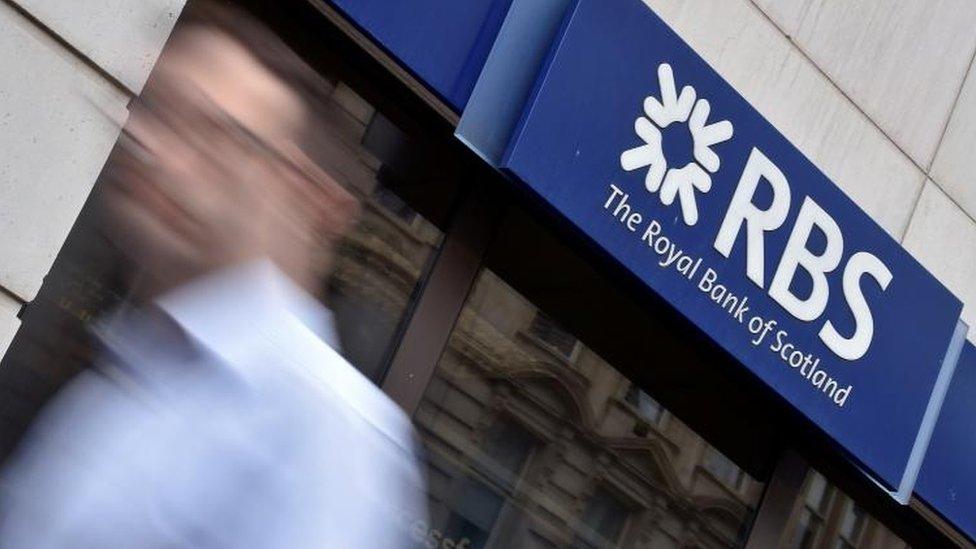
Mr McEwan said: "At the end of last year, I said with interest rates being lower for a lot longer, we needed to look at not just whether we could separate this bank and put it onto the market through an IPO [initial public offering].
"We have had a bit of interest in people who want to buy this bank and it is quite clear that this bank standing alone would not be as viable as it would be with somebody else. So we've had interest and we're pursuing that interest at the moment."
Mortgage rates
RBS announced on Friday that it would pass lower interest rates to its mortgage customers after the Bank of England cut the interest rate to a historic low of 0.25% on Thursday.
It joins Barclays, Santander and HSBC which have all said they reduce rates.
The Bank of England governor, Mark Carney, said that banks had "no excuse" for not passing on the interest rate cut to households and businesses after introducing a new £100bn cheap funding facility for lenders.
- Published5 August 2016
- Published2 August 2016
- Published30 July 2016
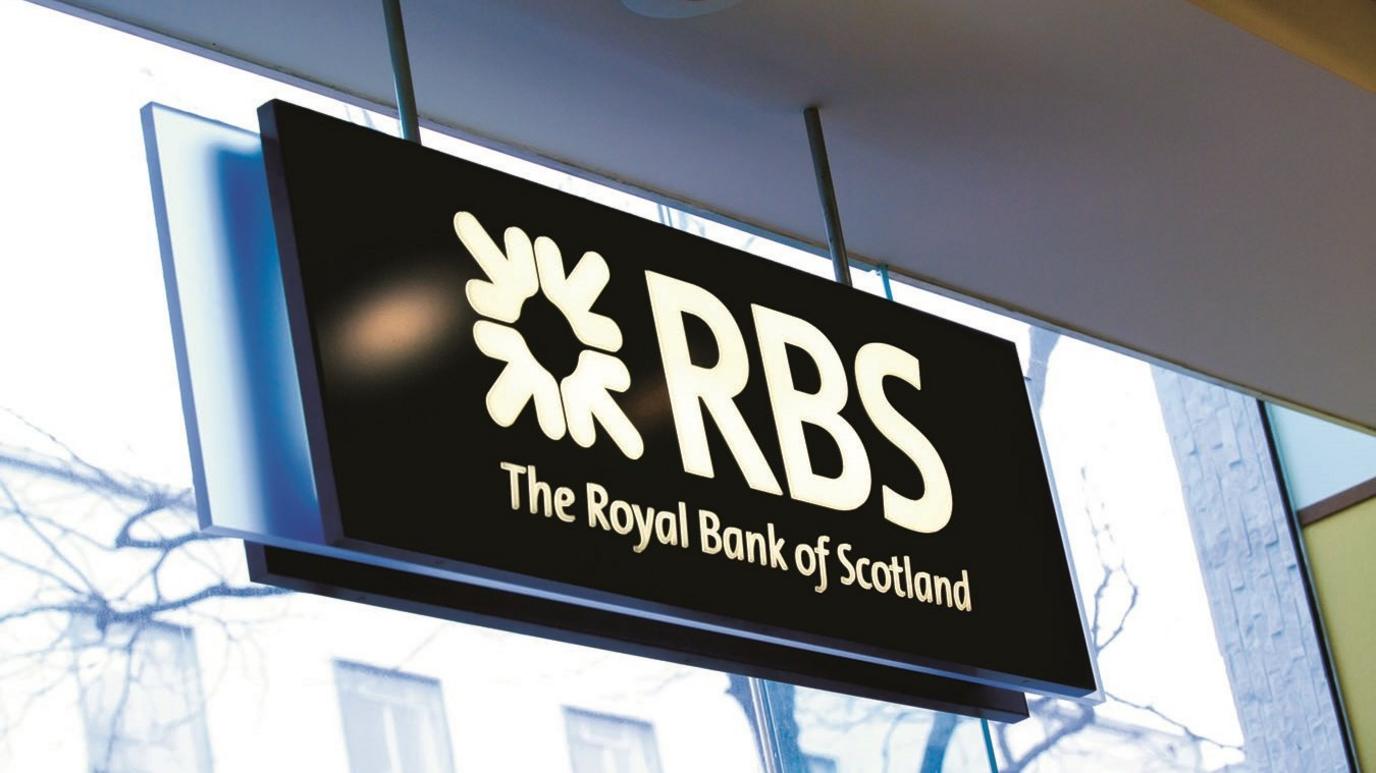
- Published29 April 2016
